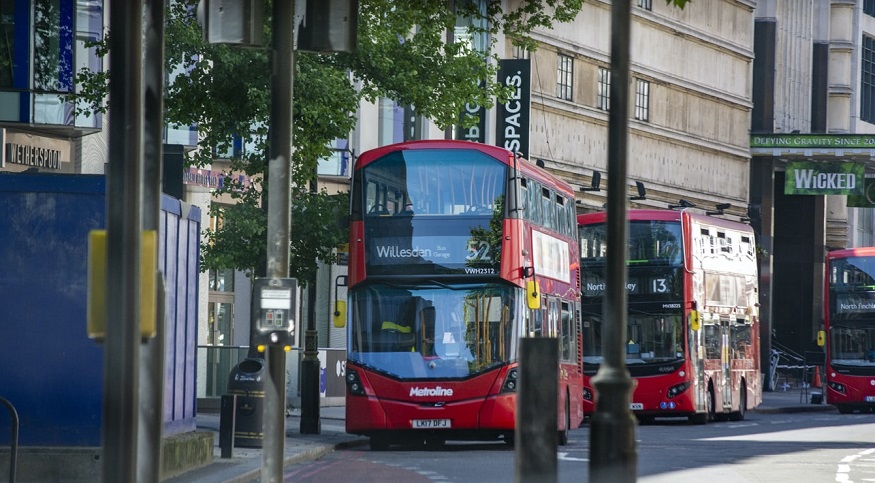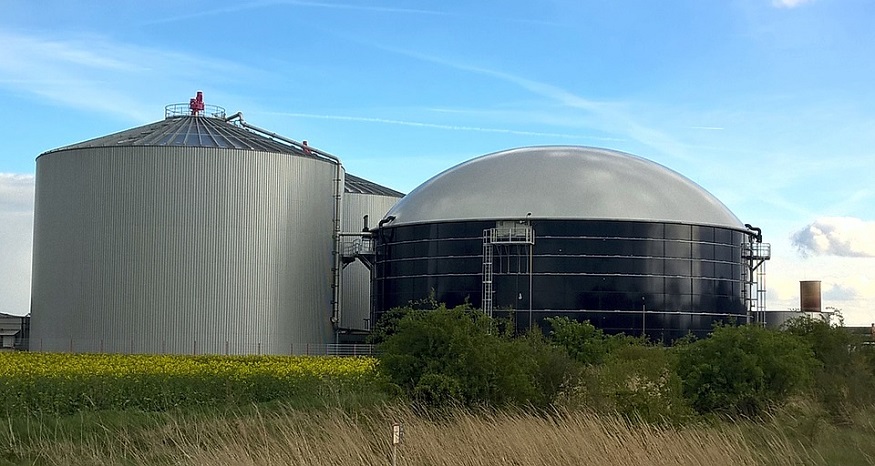
Liverpool City Region to welcome zero-emission hydrogen fuel cell buses
March 22, 2021 1 By Bret WilliamsThe Combined Authority has funded 20 of the state-of-the-art double decker public transportation vehicles.
The Liverpool City Region has announced that residents and visitors can expect to see 20 unique looking zero-emission hydrogen fuel cell buses on its streets very soon.
The vehicles have received the necessary approvals at the Combined Authority meeting last week.
The Combined Authority granted approval for the funding needed for the 20 zero-emission hydrogen fuel cell buses. They are sleek, double decker vehicles that will be used for public transportation.
The Combined Authority will be providing the funding directly and will be owned by the people of the Liverpool City Region, as is the case for the new trains on the Merseyrail network. The buses are fuel cell vehicles (FCVs), powered by H2. The technology they will employ has been deemed both safe and reliable as well as being appropriate for the operation of heavy-duty vehicles such as double decker public transportation vehicles.
The funding for the zero-emission hydrogen fuel cell buses is expected to be as high as £12.5 million.
These funds will come from the Transforming Cities Fund (TCF). The project is also a central component of the Metro Mayor’s “Vision for Bus” commitment. That strategy targets the use of available authority to develop and build an improved, more reliable and affordable busing network throughout the local region.
This announcement has arrived on the heels of the UK government’s publication of the National Bus Strategy. The Liverpool City Region’s H2 bus project also involves the construction and installation of refuelling facilities. Construction on those facilities will begin later in 2021 and will make the project the first of its nature in the North West.
The Metro Mayor has committed the Liverpool City Region to a net-zero carbon emission target by 2040, and the new zero-emission hydrogen fuel buses will be an important factor in reaching that goal. These new 20 vehicles will be added to an existing fleet that is already comprised of over 70  percent low emission buses that use cleaner engine technologies such as biomethane gas, electric power, as well as hybrid power.
percent low emission buses that use cleaner engine technologies such as biomethane gas, electric power, as well as hybrid power.
About The Author
Bret Williams is a writer and researcher with a passion for trains and renewable energy technology. With over 20 years of experience, he is a recognized expert in the field of sustainable energy, including waste to energy and hydrogen storage solutions. Growing up, Bret's love for trains sparked an interest in energy and transportation systems. This passion led him to explore the world of renewable energy, where he discovered his true calling. As a writer, Brett uses his knowledge and expertise to provide insightful articles and whitepapers on cutting-edge topics related to sustainable energy. Bret is a passionate advocate for the environment and believes that renewable energy is crucial to preserving our planet for future generations. He strives to promote the latest sustainable energy initiatives, new technologies, and emerging trends in the sector through his writing.
1 Comment
Leave a Reply Cancel reply
This site uses Akismet to reduce spam. Learn how your comment data is processed.



 With over 15 years of reporting hydrogen news, we are your premier source for the latest updates and insights in hydrogen and renewable energy.
With over 15 years of reporting hydrogen news, we are your premier source for the latest updates and insights in hydrogen and renewable energy.
I hope the buses are manufactured in the UK?